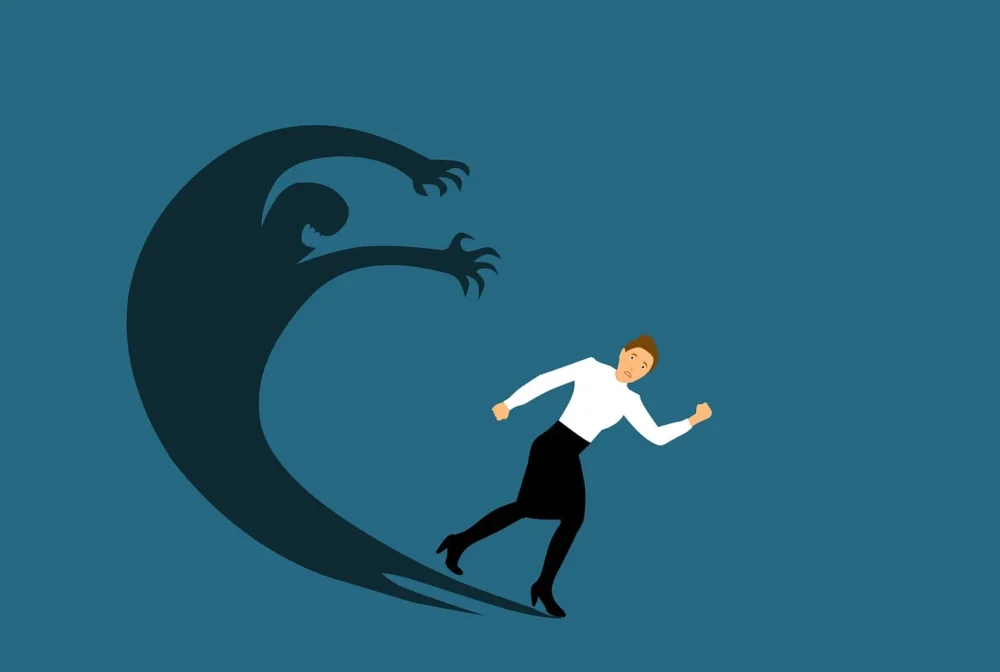In an era characterized by rapid change and uncertainty, the role of a CEO has become increasingly daunting. When a crisis strikes—be it a global pandemic, economic downturn, or internal company turmoil—the stress and anxiety can feel overwhelming. The pressure to make critical decisions, maintain organizational stability, and safeguard employee well-being can weigh heavily on even the most seasoned leaders. Understanding the nature of this stress and implementing effective coping strategies can help CEOs navigate these turbulent waters.
CEOs face a unique set of challenges that contribute to their stress and anxiety levels, particularly during a crisis:
- Responsibility for Company Welfare: CEOs are ultimately responsible for their company’s success and failure. This weight of responsibility can lead to feelings of isolation and anxiety, especially when decisions made have far-reaching consequences.
- Uncertainty and Risk: Crises often come with unpredictable outcomes. The fear of making the wrong decision can exacerbate anxiety, as CEOs must weigh consequences without clear data or precedence.
- Stakeholder Pressures: Beyond company performance, CEOs must manage relationships with various stakeholders—investors, employees, customers, and the media. Each group has its own expectations and concerns during a crisis, adding additional layers of stress.
- Increased Workload: Crisis situations often result in longer hours and increased responsibilities. The CEO may need to pivot business strategies, communicate frequently with stakeholders, and ensure that the company is agile enough to adapt to new realities.
- Mental and Emotional Toll: The cumulative effects of stress can lead to mental and physical health issues, impacting decision-making ability and overall effectiveness.
Coping Strategies for CEOs
While the challenges of being a CEO during a crisis are significant, there are several strategies leaders can employ to manage stress and anxiety effectively:
1. Prioritize Self-Care
CEOs should recognize the importance of physical and mental well-being. Incorporating regular exercise, healthy eating, sufficient sleep, and relaxation techniques into daily routines can help maintain energy levels and emotional equilibrium.
2. Practice Mindfulness and Stress Reduction Techniques
Mindfulness practices, such as meditation or yoga, can help CEOs manage stress and enhance focus. Even brief moments of meditation throughout the day can reduce anxiety and improve clarity in decision-making.
3. Establish a Support Network
Building a strong support system is vital. This network may include mentors, peers, friends, or a professional coach who understand the unique pressures of leadership. Sharing experiences and seeking advice can provide valuable insights and reduce feelings of isolation.
4. Communicate Transparently
Open and honest communication is essential, especially during crises. Keeping employees, stakeholders, and customers informed can reduce uncertainty and build trust. A transparent communication policy enhances morale and fosters a sense of collective resilience.
5. Delegate and Empower Others
CEOs should remember that they do not need to shoulder all the responsibility alone. Delegating tasks and empowering team members can alleviate some of the burden. Trusting others to step up can lead to innovative solutions and strengthen team dynamics.
6. Focus on the Bigger Picture
It’s easy for leaders to become bogged down in day-to-day challenges during a crisis. CEOs should consistently remind themselves of their long-term goals and the organization’s mission. This perspective can provide clarity and motivation amidst turmoil.
7. Seek Professional Help if Needed
If anxiety and stress become overwhelming, seeking help from mental health professionals can be a crucial step. Therapy or counseling can provide coping strategies tailored to the individual’s needs, helping to manage stress levels effectively.
Conclusion
Crisis situations are an inevitable part of a CEO’s journey, yet they do not have to lead to debilitating stress and anxiety. By adopting proactive coping strategies, building strong support networks, and prioritizing self-care, CEOs can navigate challenges with resilience and clarity. Leading with composure and confidence not only benefits the leader but also inspires and uplifts the entire organization during difficult times. Understanding that vulnerability is a part of leadership can pave the way for greater empathy, authentic communication, and a more robust organizational culture.

